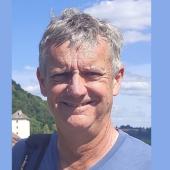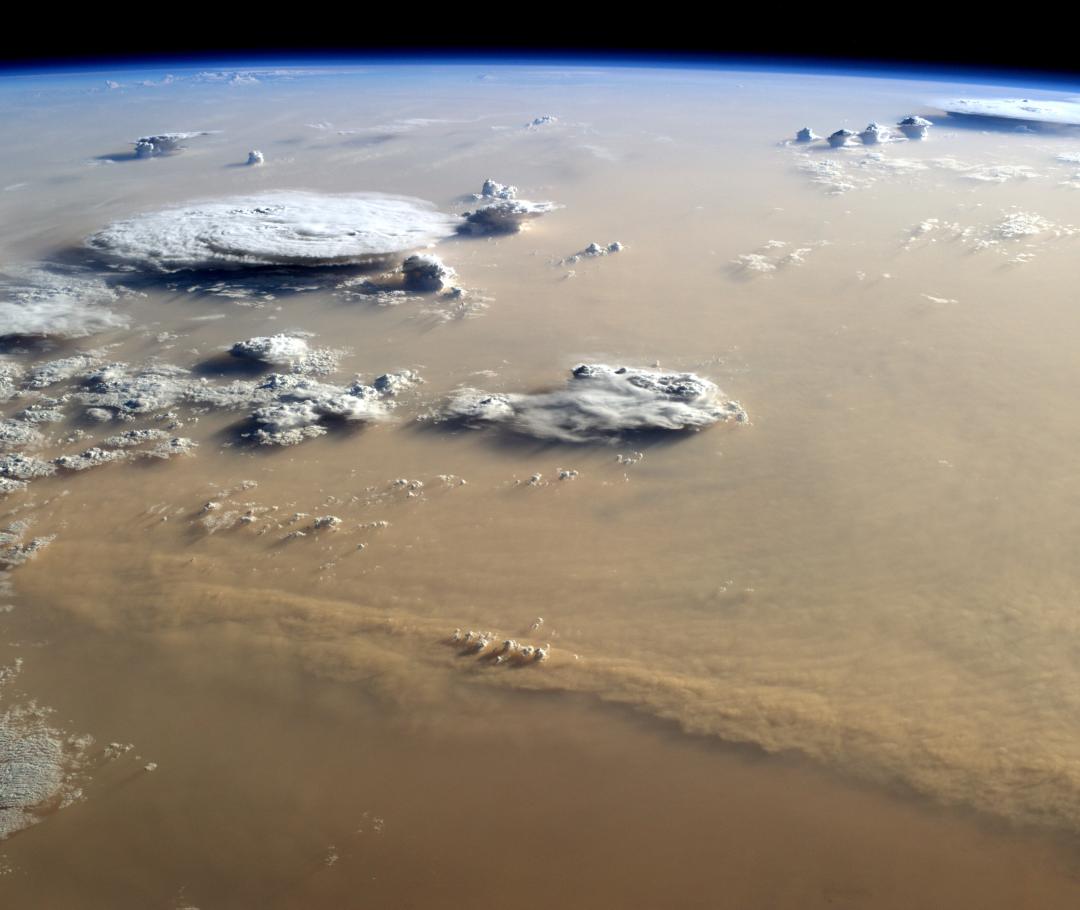Atmospheric, Oceanic and Planetary Physics
We apply physics to advance our understanding of Planet Earth as well as of planets in our solar system and well beyond. Our research falls broadly into the closely connected themes of climate physics and planetary physics.
Modelling We combine large scale weather and climate models with comprehensive high-resolution and process models to study weather and climate processes on Earth and a wide range of other planets. We study the large-scale behaviour of the climate system and its response to external drivers and conduct detailed process studies using high-resolution models of climate system components and their interactions.
Observations We develop retrievals of atmospheric parameters from Earth and planetary observing satellites and analyse a vast range of remote-sensing and in-situ observations for process studies as well as for the evaluation and constraint computation models.
Instrumentation Our main area of instrumentation is the development of space instruments for infrared remote sensing of the structure and composition of planetary atmospheres, especially the Earth's stratosphere and mesosphere.
Theory We investigate fundamental theoretical questions related to Earth and planetary physics combining theory with computational modelling and experimental work.
Climate physics
Our research focuses on the physical processes and dynamics of the Earth’s climate system, spanning the atmosphere, oceans and cryosphere across timescales.
The Atmospheric processes group, led by Hannah Christensen, focuses on small scale atmospheric processes such as clouds, convection, and turbulence to improve our understanding of the two-way interaction between these fast processes and slower components of the climate system.
The Climate Dynamics group, led by Lesley Gray, Tim Woollings and Myles Allen, focuses on the fluid dynamics of the climate system, particularly the atmosphere, and aims to understand the physical mechanisms underlying the weather and climate events that impact us all.
The Climate Processes group, led by Philip Stier, addresses physical climate processes in the context of anthropogenic perturbations to the Earth system as the underlying cause of climate change with an overall focus on the role of clouds and aerosols.
The Earth Observation Data Group, led by Don Grainger and Anu Dudhia, focuses on the retrieval of atmospheric properties (e.g. temperature, pressure, trace gas concentrations, aerosol and cloud properties) from data gathered by Earth Observing satellites.
The Geophysical and Astrophysical Fluid Dynamics group, led by Peter Read, studies and researches fluid dynamical phenomena and processes that occur in geophysical and astrophysical systems such as planetary atmospheres and oceans, stars, accretion disks and interstellar gas clouds.
The Ice and Fluid Dynamics group led by Andrew Wells focuses on improving understanding of fluid dynamical processes that contribute to controlling the climate state, with a particular emphasis on interactions between the cryosphere and ocean circulation.
The Physical oceanography group, led by David Marshall and Helen Johnson (Earth Sciences), focuses on fluid dynamics of the global ocean circulation, spanning a wide range of scales, from meters to global, and days to millennia.
The Predictability of weather and climate group, led by Tim Palmer and Antje Weisheimer, focuses on model uncertainty and predictability of weather and climate, combining the use of forecasts and seamless predictions with novel inexact hardware in weather an climate models.
Planetary Physics
Our research focuses on understanding of planetary climates, atmospheres, surfaces, interiors, dynamics, formation, evolution, and habitability in our Solar System and throughout our galaxy, and Earth's place among them.
The Exoplanet atmospheres group, led by Pat Irwin, Ray Pierrehumbert and Jayne Birkby (Astrophysics), work on observational techniques and theoretical modelling to understand the chemistry, dynamics, and evolution of exoplanet atmospheres, from extreme ultra hot Jupiters, to the enigmatic mini-Neptunes and rocky worlds beyond our Solar system.
The Geophysical and Astrophysical Fluid Dynamics group, led by Peter Read, studies and researches fluid dynamical phenomena and processes that occur in geophysical and astrophysical systems such as planetary atmospheres and oceans, stars, accretion disks and interstellar gas clouds.
The Planetary atmosphere observation analysis group, led by Patrick Irwin, combines radiative transfer analysis of remote sounding of planetary atmospheres, the development of retrieval algorithms for optimal estimation of temperature, gas and aerosol profiles in atmospheres to observe every planetary atmosphere in our solar system and also to exoplanet atmospheres.
The Planetary Climate Dynamics group, led by Ray Pierrehumbert, carries out research on all aspects of planetary atmospheres and planetary interiors that govern the evolution of planetary climate over time.
The Planetary Surfaces group, led by Neil Bowles, Carly Howett and Simon Calcutt, seeks to better understand the surface's of (typically airless) bodies in our solar system. This is achieved by analysing in situ and remote sensing observations, and through the production of supporting laboratory data.
The Space Instrumentation group, led by Neil Bowles, Carly Howett and Simon Calcutt, focuses on infrared radiometry and spectrometry for remote sounding as well as the development of instrumentation for meteorology, seismology and subsurface characterization.
Contact
Atmospheric, Oceanic and Planetary Physics
Clarendon Laboratory
Oxford
OX1 3PU
UK
+44 (0) 1865 272900




